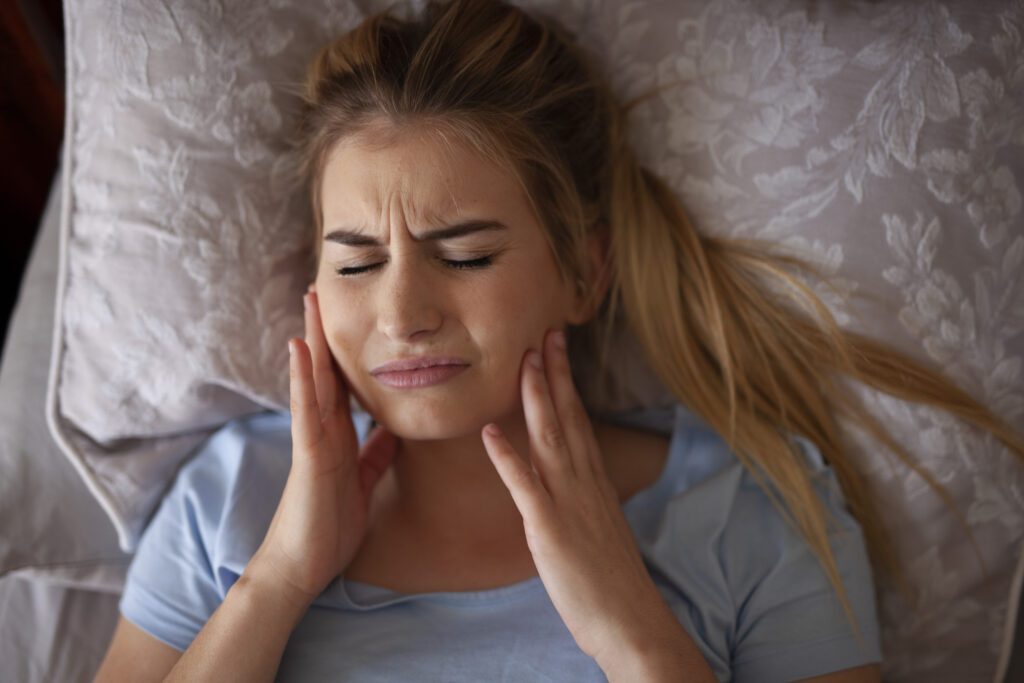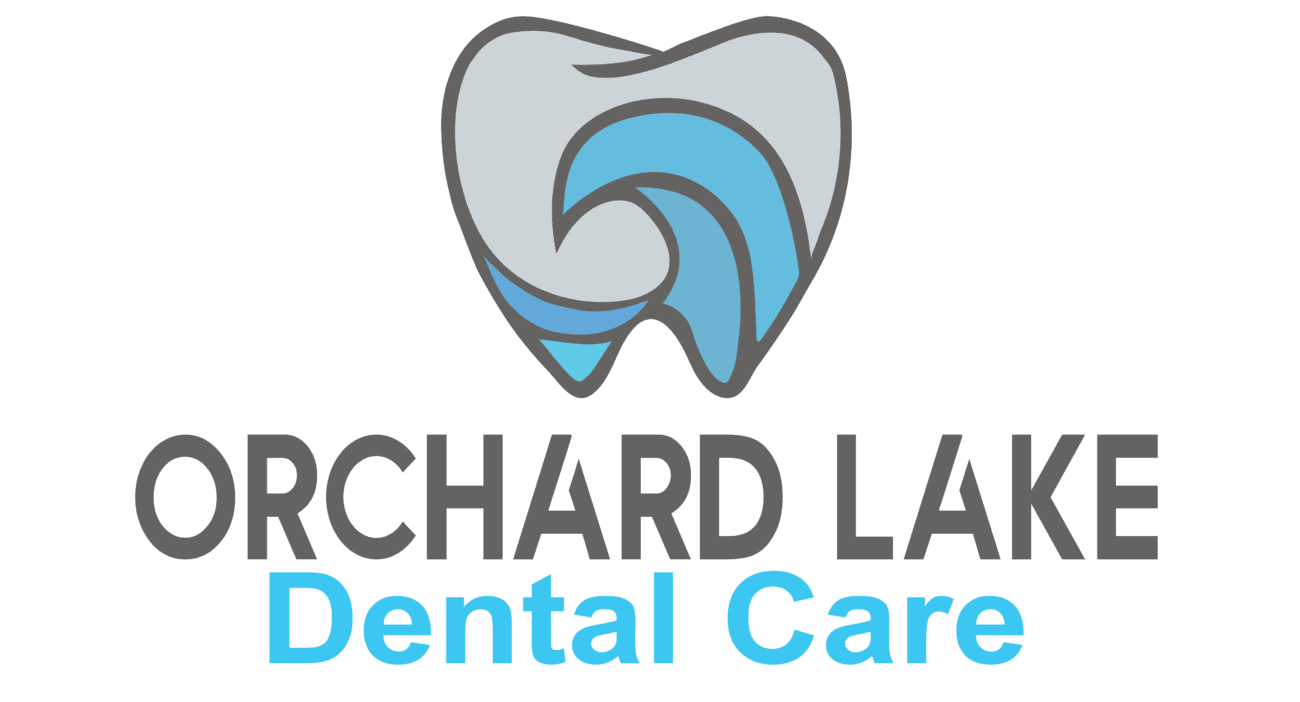Temporomandibular joint disorders (TMD) are bite disorders often caused by stress or damage to the TMJ. The temporomandibular joints (TMJ) connect the jawbone to the skull. Tension and dysfunction in the joints can lead to various problems, including teeth clenching, grinding teeth, headaches, and jaw pain.
Dr. Anthony Yaldo provides TMJ treatment for patients in Keego Harbor, MI, helping them restore their oral health, bite comfort, and jaw function. Dr. Yaldo also provides restorative dental treatments to new and existing patients in Keego Harbor.

Common Symptoms of TMD
Patients developing TMJ problems can often experience:
- Teeth clenching and grinding (bruxism)
- Headaches and migraines
- Jaw and facial pain
- Toothaches
- Earaches
- Joints popping or clicking
- Pain when biting and chewing
If you experience any of these dental problems, contact our office, and we will find the right treatment to meet your needs.
Occlusion and Bite Equilibration
TMD is tied to occlusion, or how the teeth come together. Patients with an uneven bite are more likely to experience bite problems and jaw discomfort. Dr. Anthony Yaldo will examine your smile and test your bite if you experience symptoms like jaw pain, headaches, and other TMD symptoms.
First, he will suggest taking dental X-rays of the teeth and jaw to look for signs of wear on the teeth and abnormalities in the TMJ. He will also use contact paper to measure bite pressure in different areas of the mouth. He may recommend multiple treatments to create a more even bite.
If patients have crooked teeth but do not experience teeth clenching and grinding, Invisalign can help straighten the smile and create a more comfortable bite. Patients who clench and grind their teeth can benefit from nightguards.
TMJ Treatment in Keego Harbor, MI
Dr. Yaldo can create a custom acrylic nightguard using dental impressions of the smile. The nightguard covers the upper or lower teeth, protecting them from wear and damage from teeth clenching and grinding. Additionally, the hard acrylic discourages patients from chewing on their appliances, which causes more pain in the teeth and jaw.
In addition to nightguards, we may also recommend physical therapy, a soft diet, and medications to alleviate TMJ pain. Physical therapy stretches the muscles of the mouth, jaw, neck, back, and shoulders. During physical therapy, patients learn how to relax their muscles and minimize pain due to poor posture.
Eating a soft diet for several weeks can alleviate pressure on the bite and TMD. Hard or crunchy foods require more effort to bite and chew. If patients with TMD experience symptoms, it can sometimes be difficult for them to open their mouths fully. Some patients may benefit from medications to relax them before sleep. Taking muscle relaxants can help patients heal their jaw and TMJ.
TMJ Treatment FAQs
Without treatment, TMJ can be a debilitating condition that can compromise your ability to use your jaw. Learn more by reading the answers to these commonly asked questions.
What are the symptoms of TMJ disorder?
Common symptoms include jaw pain or tenderness, clicking or popping when opening the mouth, difficulty chewing, and headaches. Some people also experience earaches, facial pain, or a locked jaw. Symptoms may come and go or become chronic. Early diagnosis and treatment can prevent worsening discomfort.
Can stress contribute to TMJ problems?
Yes, stress often plays a significant role in TMJ disorder. People under stress may clench their jaws or grind their teeth, often without realizing it. This constant pressure irritates the jaw joint and surrounding muscles. Stress management techniques like meditation or therapy can improve mental health and jaw function.
Can TMJ disorder go away on its own?
In some cases, mild TMJ symptoms resolve without treatment, especially when caused by temporary stress or minor jaw misalignment. However, chronic or worsening symptoms usually require professional intervention. Ignoring persistent issues can lead to more damage and discomfort. Early evaluation is the best approach.
How does diet affect TMJ disorder?
Soft foods can reduce strain on the jaw joint and help ease symptoms. Hard, chewy, or sticky foods can aggravate pain and inflammation. Avoiding these types of food during flare-ups is often recommended. A temporary change in diet can provide significant relief.
Can poor posture affect TMJ pain?
Yes, poor posture, especially forward head posture, can strain the muscles that support your jaw and neck. Over time, this can worsen TMJ symptoms. Correcting posture through physical therapy, ergonomic adjustments, and awareness can help reduce tension. It’s a lesser-known but important aspect of TMJ care.
How can I prevent TMJ symptoms from coming back?
Preventing recurrence involves managing stress, avoiding teeth grinding, maintaining good posture, and following Dr. Yaldo’s instructions. Wearing a night guard, doing jaw exercises, and limiting hard foods can help. Regular dental checkups allow early detection of any recurring issues. A long-term management plan can reduce flare-ups.
Address TMD Today
If you frequently experience jaw and tooth pain, call Dr. Yaldo for TMJ treatment today at (248) 682-0922. You can also request a dental appointment with Dr. Yaldo online.
